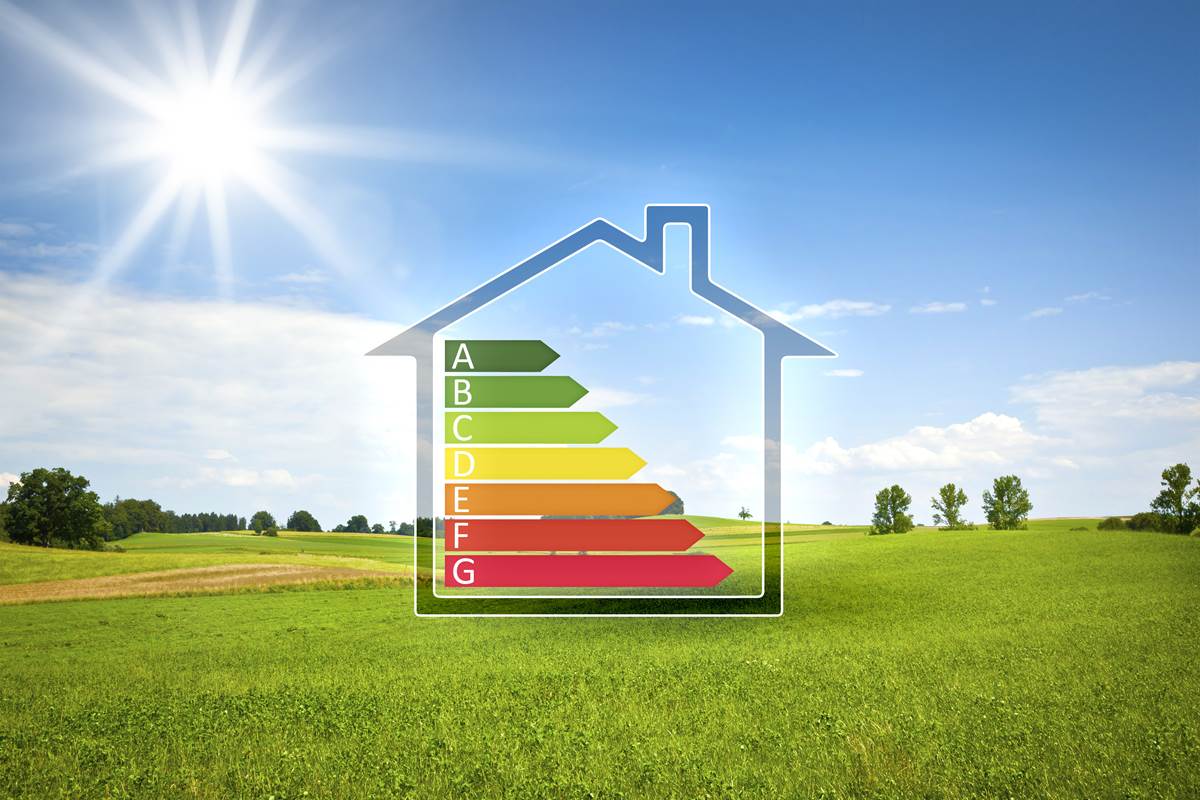
Energy efficiency retrofits at scale
Tue 07 Jan 2025
The enormity of the challenge ahead in making UK housing more energy efficient is undeniable, but we are seeing greater numbers of homeowners committing capital to retrofitting at scale. Taking a ‘whole house’ approach to reap the greatest benefits of that investment and grants but, also with one eye on the environmental and social impacts.
The UK has some of the least energy efficient homes in Europe, a recent paper from Imperial College London declares. Latest data from the ONS shows that owner-occupied dwellings score the lowest EPC rating in both England and Wales, with scores of 64 and 62, respectively, equivalent to band D.
In essence, the UK is facing a crisis of poor performing and cold homes. The green energy revolution and new technology coupled with acute living pressures, is driving change in the renovation and house building markets.
- Fraser Hall, Partner
Property owners are increasingly turning to us for advice on how they can make their properties fit for the future.
This is aligned with the residential sales market seeing a stark change in attitudes, with buyers now considering the cost of living in a property as much as its purchase price.
Many properties will benefit from what are often straightforward yet significant interventions that will improve their performance.
Taking a one dimensional approach however, doesn’t always achieve the best outcomes. For example, it’s not possible to achieve the full benefit of upgrading an oil-fired boiler to a ground source heat pump system if you ignore insulation, draughty windows and doors, and ventilation.
Investing in just one potentially expensive change can often yield very little benefit, worse, it might make things worse.
There is a reason why property owners perhaps feel it will be otherwise though. Home improvement measures are often individually marketed as standalone solutions but many have knock-on impacts. It is important to consider the requirements of the house as a whole and coordinate the retrofitting to achieve the best benefits.
The capital cost of these projects can be quite substantial but owners who plan to live in a property for years to come recognise the payback from the cost savings they will make on energy use.
There is value too in making these investments with one eye on the property’s future sale potential because evidence is pointing to a greater demand for homes with higher rated Energy Performance Certificates (EPCs).
For more information, contact our Architecture & Planning team here.
This insight article is featured in our 2024 Innovate magazine. To read more of the publication, you can download a digital version below.

Keep updated
Keep up-to-date with our latest news and updates. Sign up below and we'll add you to our mailing list.
 Brown&Co
Brown&Co

